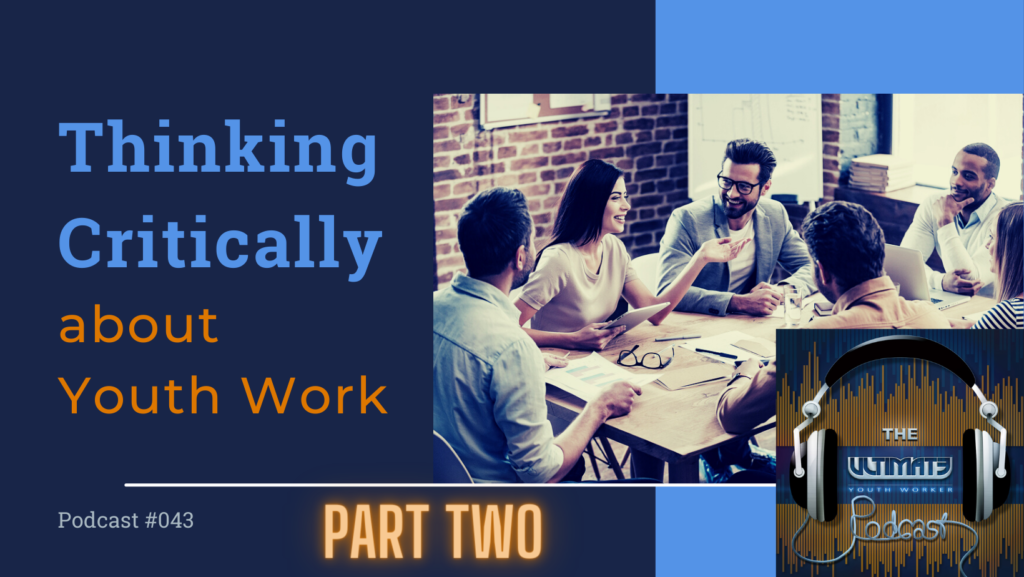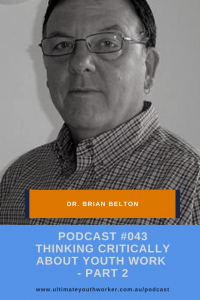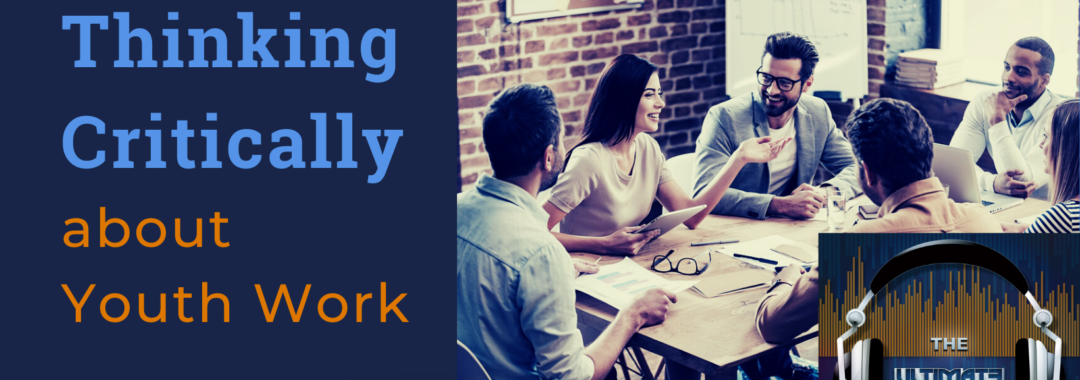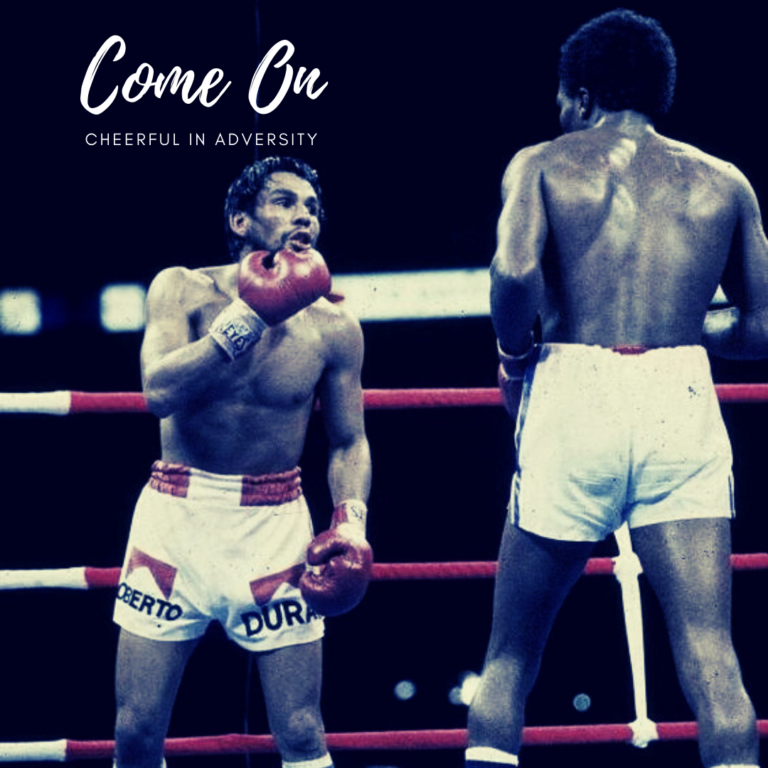
In todays episode of the Ultimate Youth Worker Podcast, “Thinking Critically About Youth Work: Part Two”, Aaron continues to speak with Dr. Brian Belton about the need for youth workers to be critically reflective about who we are as professionals.
Taking our conversation up to the next level we speak about the need for supervision to help youth workers become more critically reflective. We talk about why we need this for the benefit of the profession and for the young people we support.
Thinking Critically About Youth Work: Part 2

Brian Belton (FB: @Dr. Brian Belton LI: @Brian Belton) is an international consultant and academic specialising in youth work, supervision and identity studies. Previously he was the Director of International Education, Research and Training at the YMCA George Williams College, London.
Coming from an East London/Gypsy family, Brian played a leading role in the youth gang life of that area in the late 1960s/early 1970s. While attending Burke Secondary Modern School, Plaistow, he had his brushes with the law (at times more of a large broom). However, with the guidance of Jesus (and a couple of tough but fair coppers) he entered youth work as a volunteer and part-time practitioner in the docklands of the late 1970s.
While working in youth work related situations around the world, including Israel, the Falkland Islands, Germany, the USA, Thailand, Hong Kong, Zambia, South Africa, China and Canada, Brian’s interest in identity and ethnicity flourished and today he is an internationally recognised authority on Gypsy Ethnicity, and the rights of Roma in Europe, having written widely on that subject, delivering papers most recently in the USA, Austria, Greece, Sweden and Slovenia as well as around the UK. In has recently concluded a three year research programme focusing on the social exclusion of Roma with partners in Spain, Germany and Turkey.
Gaining his professional qualification from the YMCA College and went on to became a Senior Youth Worker in Bethnal Green, employed by the ILEA before achieving a BSc at City University. Returning to the ILEA he took charge of a major community project in Islington. Spending some time as an area youth officer, Brian successfully completed Masters studies at the University of Essex.
On joining the staff of the George Williams College he started his doctoral work, and gained a PhD in 2000
Currently Brian is developing a growing, worldwide network of practitioners and academics concerned with the exploration of youth work and is starting a project looking to develop a profile of youth work across European Commonwealth Countries, in association with the Commonwealth Secretariat.
Please enjoy this podcast!
What was your favourite quote or lesson from this episode? Please let me know in the comments.
SCROLL BELOW FOR LINKS AND SHOW NOTES…
SELECTED LINKS FROM THE EPISODE
- Commonwealth Secretariat
- YMCA George Williams College
- University of Malta
- Brian’s Facebook Group – Global Youth Work Network
- Group Post from Julian
- Ultimate Supervision Service
- The Munro Review of Child Protection
- Royal Commission into Institutional Responses to Child Sexual Abuses – Final Report Recommendations
SHOW NOTES
You’re listening to the Ultimate Youth Worker Podcast with your host, Aaron Garth [00:20]
Why youth workers need to think critically [00:30]
Asking questions is so important for critically reflective [02:30]
Two camps of youth worker supervisees [03:00]
Youth workers who look after other peoples children and can’t reflect on their practice and are perplexed and angry [03:30]
This is distressing and is not really talked about in ethics statements [04:45]
Supervision is core to ethical youth work practice [05:45]
The Munro Report [06:40]
Royal Commission into Institutional Responses to Child Sexual Abuses – Final Report Recommendations [08:00]
Where is the accountability in ethics? [08:45]
The price of being a professional [10:00]
The struggle of supervision [12:00]
Yes, you should be checked up on, and supported [13:30]
We aren’t able to do everything and we shouldn’t [15:30]
If you are not taking supervision you are simply not professional [17:00]
Supervision is about being open, honest and kind [19:00]
Youth work doesn’t begin and end at the white cliffs of Dover [20:30]
Youth work is not dying but it is changing [23:00]
Youth works gift is walking benignly with young people [25:10]
We need to be true to ourselves to be the critically reflective profession we need to be [26:50]
Adventure, chances and the mountain top [30:00]
SOME QUOTES FORM THE EPISODE
“Most youth workers I’ve come across seem to act like 3rd rate teachers, clueless social workers, amateur psychiatrists (kiddie curers) or jaded child minders”. – Julian, paediatric nurse
“If we’re not thinking about it who is? It’s going to be those other professions. It’s going to be the paediatricians, and the social workers, and the psychologists, and the police and everyone else. And they will probably look at us with a bit of ire there, that we are trying to do so many things. We’re Jacks and Jills of all trades, but what are we really mastering?” – Aaron Garth
Maybe you’re right. Maybe we should be more critically reflective about asking people to be critically reflective” – Brian Belton
Looking after other peoples children, whatever I am doing with them, they are other peoples children; And I am not capable of thinking about what I am doing. I am just doing… and I do my best. The moment you question me about that, one, I am perplexed, wondering why you asked me. Two, I’m a little bit angry that you asked me. – Brian Belton
You see thats what I find quite distressing on two levels. On a safeguarding level, what are you doing and what you hiding and why do you feel that way? and on another level it feels unfortunate that that person is in a place where they can’t think about what they are doing for whatever reason” – Brian Belton
“It is core to the reflective activity of youth work, supervision” – Brian Belton
“If there is no accountability and there is no way someone can be de-barred from practicing then there is no ethics. You cant have a code of ethics with no agreed accountability” – Brian Belton
“You Should be checked up on. You should want to be checked up on” – Brian Belton
“[Supervision] is the sharing of practice so we can do what we do better” – Brian Belton
“If you are not taking supervision you are simply not being professional” – Brian Belton
” If you’re not prepared to come and think about what you are doing with other peoples children and look at what you are doing openly and be enthusiastic to do it. I know it’s difficult. I know it’s hard. But, its part and parcel of what you do. and if you cant do it, or you refuse to do it, for whatever reason then you shouldn’t be doing this work” – Brian Belton
“Unless we are not talking about supervision, we are remiss” – Brian Belton
“Actually, there are more youth workers on the planet than any other time in history” – Brian Belton
“We are pretty good at having a whinge as youth workers. It’s easy for us to do. Perhaps the harder but more productive thing is to be critically reflective and ask a few questions of ourselves” – Aaron Garth
“You can demand applause and demand appreciation, but it ain’t going to come” – Brian Belton
“Joy will get us through. Fear will destroy us” – Brian Belton
PEOPLE MENTIONED IN THE PODCAST
Aaron Garth
Aaron Garth is the Executive Director of Ultimate Youth Worker. Aaron has worked as a youth worker in a number of settings including local church, street drug and alcohol outreach, family services, residential care, local government and youth homelessness since 2003. Aaron is a regular speaker at camps, retreats, & youth work training events and is a dedicated to seeing a more professional youth sector in Australia. Aaron is a graduate of RMIT University and an alumnus of their youth work program. He lives in Melbourne with his wife Jennifer & their daughters Hope, Zoe, Esther, Niamh and son Ezra.

